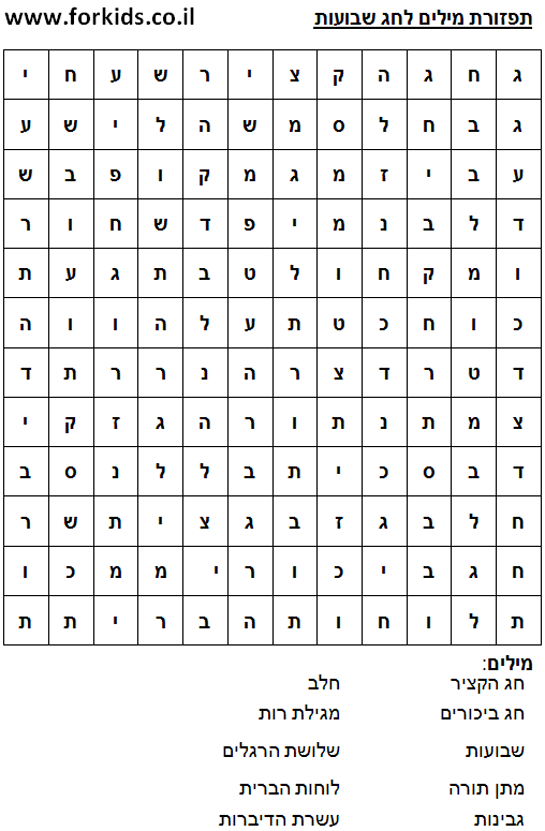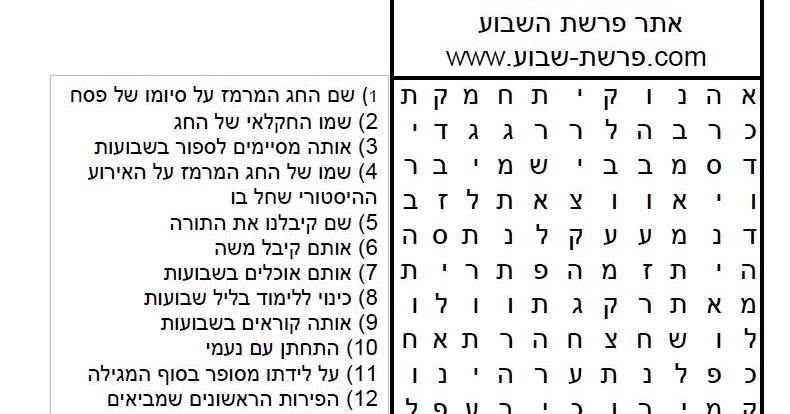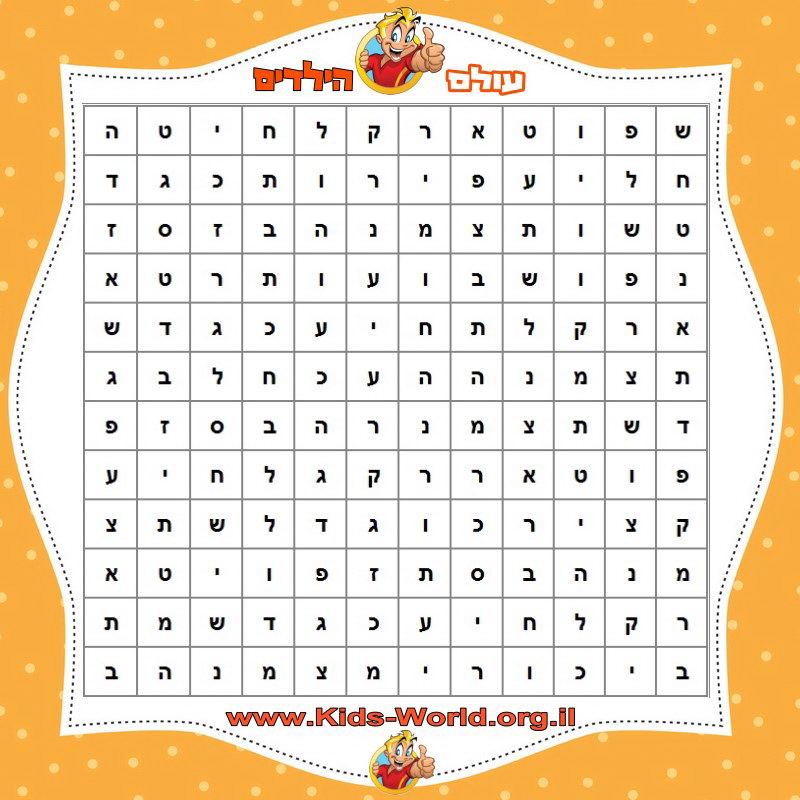Shavuot, also known as the Feast of Weeks, is an important Jewish holiday that commemorates the giving of the Torah to the Jewish people at Mount Sinai. It is celebrated on the sixth day of the Hebrew month of Sivan, which usually falls in late May or early June. Shavuot is a time for Jews to reflect on the significance of the Torah and its teachings. During Shavuot, Jewish communities around the world engage in various customs and observances to celebrate the holiday. One of the most well-known traditions is the reading of the Book of Ruth, which highlights the themes of loyalty, kindness, and the importance of community. Many also participate in all-night Torah study sessions known as Tikkun Leil Shavuot, where individuals delve deep into Jewish texts and engage in spiritual discussions. Another popular tradition during Shavuot is the consumption of dairy products. This custom has its roots in the biblical description of the Land of Israel as "a land flowing with milk and honey." Jewish families often enjoy cheese blintzes, cheesecakes, and other dairy-based dishes as part of their festive meals. It is also common to decorate the table with flowers and greenery to symbolize the flourishing of the land. Shavuot is a joyous holiday that is celebrated with gratitude and appreciation for the gift of the Torah. It is a time for families to gather together, share delicious meals, and engage in meaningful discussions about Jewish values and teachings. The holiday provides an opportunity for individuals to strengthen their connection to their heritage and deepen their understanding of Jewish traditions. While Shavuot is primarily observed by Jewish communities, it is also recognized and celebrated by people of other faiths in various ways. In Israel, it is a national holiday, and many businesses and schools are closed. In some parts of the world, interfaith dialogue and cultural events are organized to promote understanding and unity among different religious groups. In recent years, Shavuot celebrations have evolved to include modern elements that appeal to younger generations. Many synagogues and Jewish organizations organize family-friendly events, such as outdoor picnics, live music performances, and interactive workshops. These activities aim to make the holiday more accessible and engaging for people of all ages. As the world becomes more environmentally conscious, some Jewish communities have started incorporating eco-friendly practices into their Shavuot celebrations. This includes using sustainable materials for decorations, organizing outdoor activities to connect with nature, and promoting eco-friendly recipes that minimize food waste. These initiatives align with the Jewish value of tikkun olam, or repairing the world, by taking care of the environment. Shavuot is a significant Jewish holiday that celebrates the giving of the Torah and the values it represents. It is a time for reflection, gratitude, and joyful celebrations. Whether through traditional customs or modern adaptations, Shavuot provides an opportunity for individuals to connect with their heritage, strengthen their sense of community, and deepen their understanding of Jewish teachings.The Significance of Shavuot
Traditional Customs and Observances

Delicious Dairy Delights
Shavuot: A Time of Joy and Gratitude

Shavuot Around the World
Modern Celebrations and Learning Opportunities
Shavuot and the Environment

Conclusion





